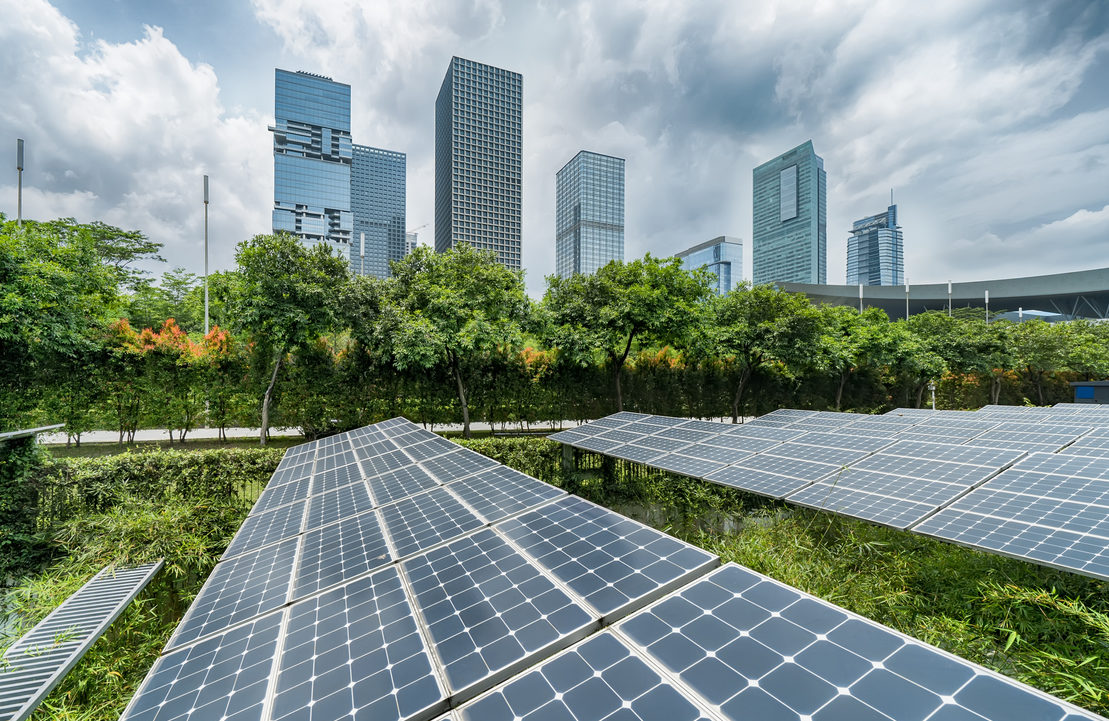New project to show how heat pumps can provide cleaner, cheaper alternative to solid fuel-based heating.
Monday April 24, 2017: The launch of the ‘Superhomes 2.0’ project takes place on Monday April 24th at 10am at the Limerick Institute of Technology Campus in Thurles. The new project supports the existing Superhomes incentive scheme that helps homeowners to achieve more comfortable, healthier homes with better air quality through sensible and cost-effective energy measures.
The International Energy Research Centre (IERC), hosted in Tyndall National Institute, is working with ESB, ESB Networks, Tipperary Energy Agency and Limerick Institute of Technology to deliver the Superhomes 2.0 project which focuses on optimising air source heat pump applications in near zero energy building residential retrofits. Heat pumps provide a clean, environmentally sustainable and cost-effective alternative to oil- and solid fuel-based heating systems in Irish homes.
Professor Tony Day, Executive Director of the IERC comments: “International commitments on greenhouse gases, sustainable energy and air quality require an active consideration of alternative residential heating technologies. Within the Superhomes 2.0 project we are working with the ESB Group and Tipperary Energy Agency to demonstrate how the near zero building standard can be achieved in residential retrofit situations. Giving the significant energy efficiency challenges that our housing stock presents, this project will make a significant contribution to strengthening the skills associated with the installation of air source heat pumps in residential building retrofits.”
The residential sector in Ireland accounts for approximately 25% of primary energy demand with roughly half of primary home heating fuelled by oil and 11% by solid fuels. Displacing oil and solid fuel usage with air source heat pump technology could offer household cost savings, reductions in emissions, and reduced health impacts.
Preliminary research indicates that, based on the deployment of such technology, carbon (CO2) emission savings could be over 4 million tonnes per annum with corresponding health and environmental benefits estimated at €100m per annum.
Superhomes 2.0 Project consortium
The International Energy Research Centre (IERC), hosted in Tyndall National Institute, is an industry led, Irish Government supported Energy Technology Centre. The Centre delivers world leading collaborative research to meet global societal needs for secure, affordable and sustainable energy services. It addresses energy demand side efficiency and systems integration challenges.
The Tipperary Energy Agency was established in 1998 to support the development of sustainable energy in Co. Tipperary and beyond. It has grown to be one of the largest local energy agencies in Ireland and is recognized across the EU for its actions in relation to sustainable energy initiatives with the Public Sector, Community Energy and Residential Retrofitting.
The ESB Group operates across the electricity market: from generation, through transmission and distribution to supply. In addition, ESB extracts further value at certain points along this chain: supplying gas, using our networks to carry fibre for telecommunications, and developing electric vehicle public charging infrastructure. ESB currently supply electricity to approximately 2.3 million customers throughout the island of Ireland. ESB Group employs approximately 7,000 people.
For further information, please contact:
Dr. Matt Kennedy, Head of Strategy and Business, IERC
087 2650621
Rachel Power, Marketing, Media and Communications Manager, Tyndall National Institute
021 234 6341,
087 710 4716


